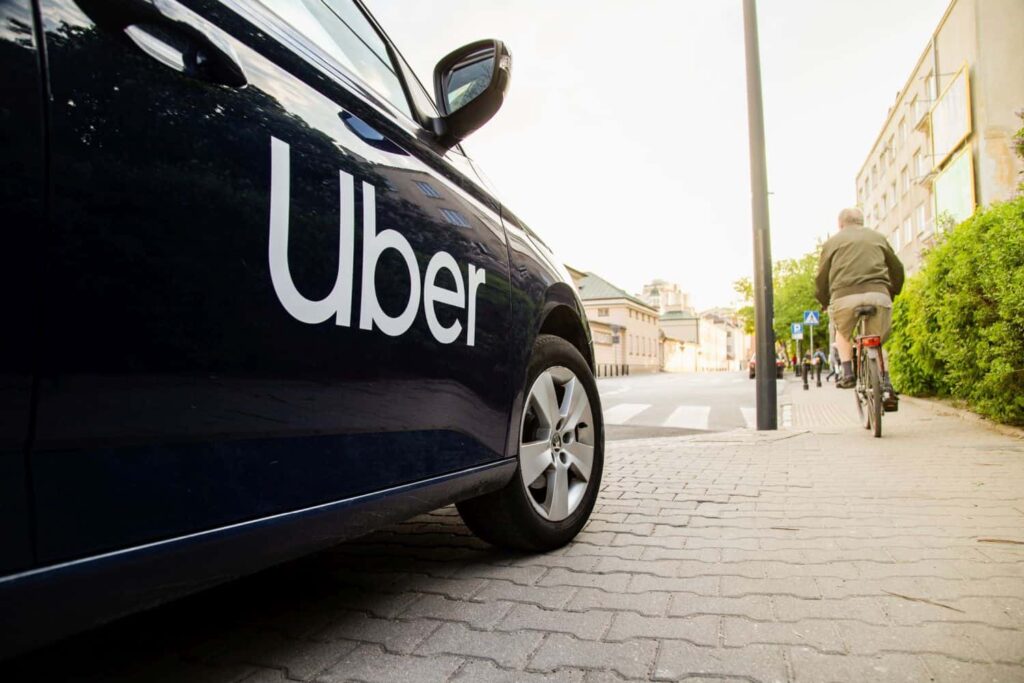California Gov. Gavin Newsom has signed a groundbreaking law granting more than 800,000 Uber and Lyft drivers the right to unionize and collectively bargain for better pay and working conditions.
The measure marks one of the largest private-sector labor expansions in California’s history and caps years of negotiation between labor unions, state lawmakers, and tech companies.
“This law gives drivers dignity and a say about their future,” Newsom said during a press briefing at the University of California, Berkeley, where he confirmed the signing.
Unionization Rights for Independent Contractors
Under the new law, drivers for ride-hailing companies will be allowed to join unions and negotiate contracts—even while remaining classified as independent contractors.
California now becomes the second U.S. state, after Massachusetts, to formally allow such rights. Similar movements are underway in Illinois and Minnesota, signaling a growing national shift toward formal recognition of gig workers.
The legislation follows the California Supreme Court’s 2024 ruling that upheld the independent contractor status of app-based drivers, denying them access to traditional employment benefits like overtime pay, paid sick leave, and unemployment insurance.
Make your Uber trip more comfortable with the Stanley Quencher H2.0 Tumbler
A Compromise Between Labor and Industry
The bill’s passage is part of a broader compromise between labor advocates and rideshare companies. In exchange for supporting unionization, Gov. Newsom also signed a measure—backed by Uber and Lyft—that reduces insurance coverage requirements for accidents involving uninsured or underinsured drivers.
- Previous requirement: $1 million per accident
- New limit: $60,000 per individual and $300,000 per accident
According to Uber’s head of public policy for California, Ramona Prieto, the twin measures strike a balance between affordability and fairness:
“Together, they lower costs for riders while giving drivers stronger voices—showing how industry, labor, and lawmakers can work together to deliver real solutions.”
Lyft CEO David Risher estimated the insurance rollback will save the company $200 million annually, potentially allowing for lower fares across California.
Going on a long trip? Enhance your travel experience with these convenient accessories.

Mixed Reactions from Drivers and Advocates
While many drivers hailed the law as a historic win for gig worker rights, others expressed concerns about its enforcement.
Rideshare Drivers United, a Los Angeles-based advocacy group representing 20,000 drivers, argued the bill lacks teeth because it doesn’t require Uber and Lyft to disclose driver pay data to the state—something that led to pay increases in New York City after similar reporting was mandated there.
“Drivers really need the state’s backing to make sure wage proposals lead to progress,” said Nicole Moore, the group’s president.
Other drivers, however, celebrated the legislation as a long-overdue step toward fairness and job protection.
“We’ve worked long hours, faced disrespect, and had no voice,” said Ana Barragan, a Los Angeles gig driver. “Now, with the right to organize, I finally feel hope.”
Looking Ahead
The California Uber driver union law is expected to reshape how gig work operates in the state, potentially setting a national precedent for worker representation without redefining employment status.
By blending collective bargaining rights with the flexibility of independent contracting, California’s approach could become a new model for the gig economy’s evolving labor landscape.
Read more: PGA President Don Rea Jr. Issues Apology Over Ryder Cup Fan Abuse






